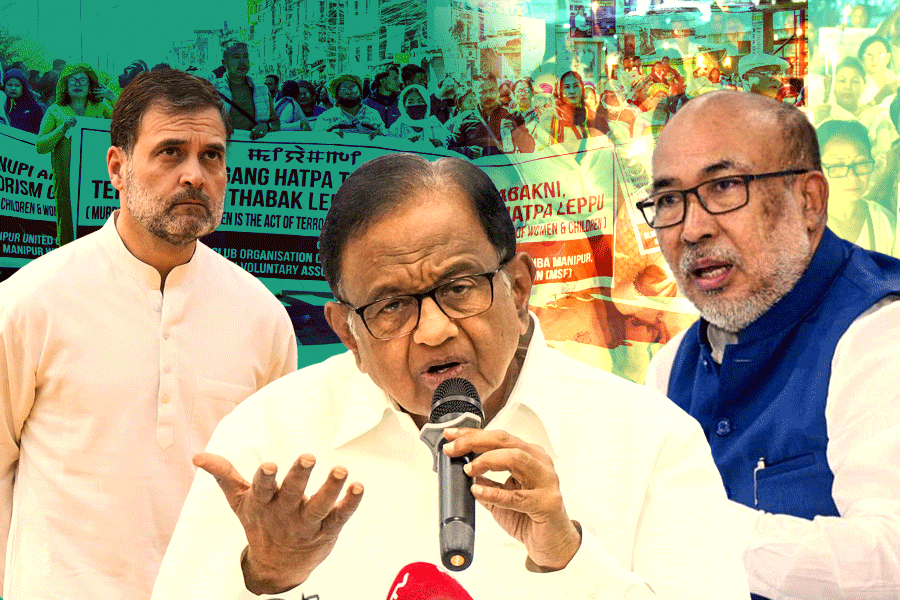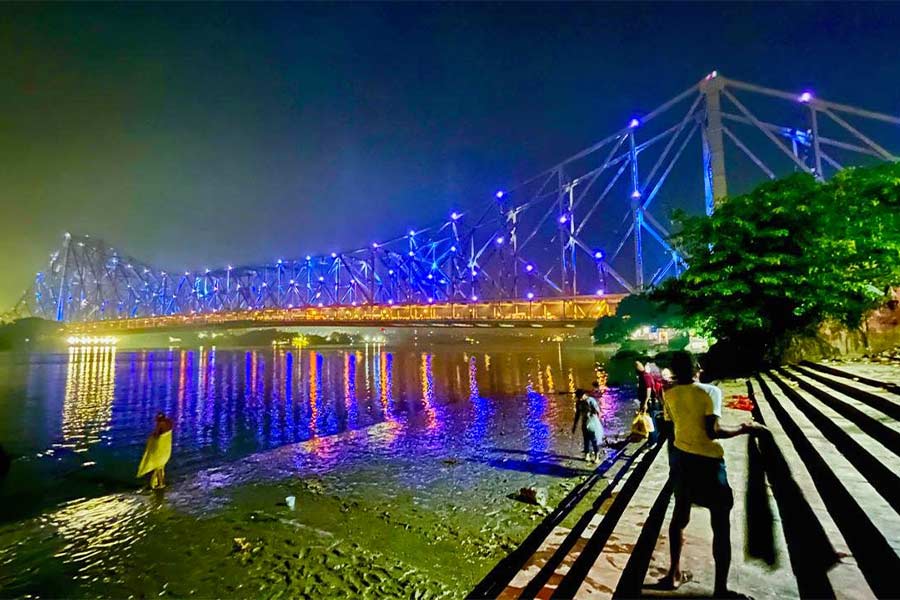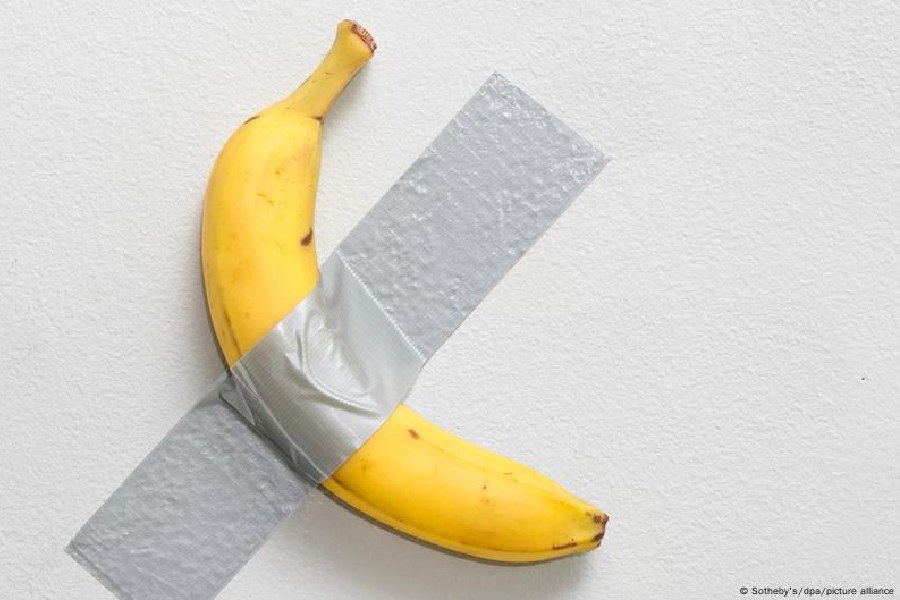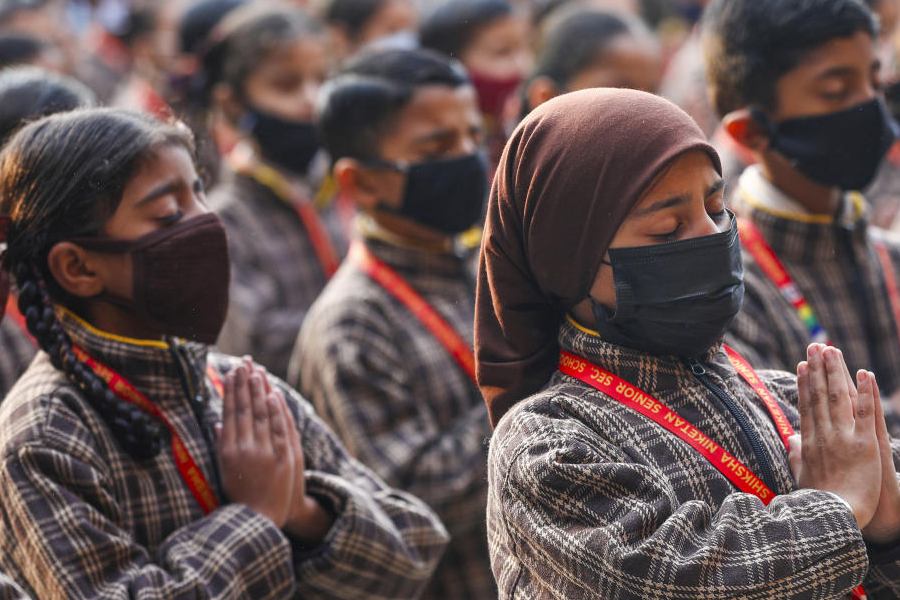 Wednesday, 20 November 2024
Wednesday, 20 November 2024
 Wednesday, 20 November 2024
Wednesday, 20 November 2024
It’s a controversy that has spanned for years. Is a square in Lahore, where Bhagat Singh was executed in 1931, worthy of bearing his name?
For Imtiaz Rashid Qureshi, chairperson of the Bhagat Singh Memorial Foundation, the answer is yes.
“Bhagat Singh belongs to all of us, beyond borders and religions. His ideas inspire,” he reportedly told Lahore high court earlier this year.
Qureshi continues his fight to have Shadman Chowk renamed. But resistance from ideological factions, traders, and even retired military officials of Pakistan has stalled the effort.
Last week, the controversy gained momentum when retired Commodore Tariq Majeed, engaged by the government in a committee to rename Shadman Chowk after Singh, told the court that Bhagat Singh did not deserve such an honour.
In his opinion, Singh was not a freedom fighter, but a “criminal,” even a “terrorist” by contemporary standards.
Majeed highlighted Singh’s role in the 1929 killing of British police officer JP Saunders, a crime that led to Singh’s death sentence alongside his two comrades, Sukhdev and Rajguru. Majeed argued that, considering Islam’s prohibition on statues and its rejection of atheism, naming a public place after Singh is inappropriate in Pakistan.
He reportedly said: “Do the officials of the Bhagat Singh Foundation, who claim to be Muslims, not know that it is unacceptable to name a place after an atheist in Pakistan and that Islam forbids human statues?”
Majeed’s response was used as the key reason for scrapping the renaming proposal.
Historian, professor Chaman Lal, one of India’s leading experts on Bhagat Singh, sees the objections as outliers rooted in political posturing rather than public sentiment. Because there are many others in Pakistan who support the idea of renaming the chowk after Bhagat Singh.
“Bhagat Singh was respected by Hindus, Muslims, Sikhs — everyone. He symbolised a united struggle against colonialism,” Lal told The Telegraph Online. “Why pay attention to what an individual is saying? There are multiple officials who are wholehearted admirers of Bhagat Singh.”
“Even in India, MP Sinranjit Singh Mann has called Bhagat Singh a 'terrorist', he has refused to acknowledge Bhagat Singh’s legacy…this shows how many individuals in India, even with the stature of an MP fail to recognise Bhagat Singh”, Chaman Lal said.
Many senior Pakistani government officers have supported naming the square in his honour, he added.
What connects Shadman Chowk to Bhagat Singh
Shadman Chowk, in a posh residential area of the city, was once part of the Lahore central jail, the site of Bhagat Singh’s execution on March 23, 1931. Authorities demolished the jail in 1961. Four years later, they opened Kot Lakhpat Jail, which is now Lahore central jail.
“Over the decades, the square became a gathering point for activists and cultural groups commemorating Singh’s birth and death anniversaries,” Lal said.
“The name ‘Shadman,’ meaning happiness, ironically stands on the very ground that witnessed Singh’s sacrifice. Over the years, Shadman Chowk has become a gathering place for those who revere Singh’s legacy, with people assembling on his birth anniversary, September 28, and his martyrdom day, March 23, shouting slogans like Inquilab Zindabad and writing on the walls in his honour.”
He shared how efforts to rename Shadman Chowk as Bhagat Singh Chowk have been ongoing for decades, starting during the governments of Nawaz Sharif and Benazir Bhutto.
Lal pointed to the contributions of Noorul Mengal, a senior Pakistan government officer and a former SDM of Faislabad, who officially sanctioned government funds for the renovation of Singh's primary school in Faislabad, when he was posted in Lahore sometime around 2011-12.
Mengal was also the officer who notified the renaming of the chowk during his tenure in Lahore.
“If one officer in the government can honour Bhagat Singh’s legacy, why can’t others,” Lal questioned, emphasising that Singh’s revolutionary ideals resonate across religions and nations.
The renaming attempts met resistance, including attacks from Islamist groups and Khalistani extremists. Supporters were often beaten up brutally, Lal said.
Qureshi called the execution of Bhagat Singh “an important page in world history.”
He condemned the government’s argument.
“Can the young fighters in Palestine be called criminals just because Israeli rulers label them terrorists? Perhaps those writing the government’s 16-page reply are unaware of history’s lessons,” Qureshi told The Telegraph Online.
Political tussle over Bhagat Singh in India, too
Bhagat Singh’s legacy has become a political tussle in India, too. The ruling BJP government, often criticised for its purported Hindu nationalist agenda, has been attempting to appropriate Singh, Marxist and an atheist.
In recent years, the BJP has used Singh’s image in election campaigns, murals and social media, portraying him as a patriot who aligns with the BJP’s vision of India.
“Every party wants to claim him, but no one wants to own his ideals,” said professor Lal. “Bhagat Singh stood for secularism, equality and anti-imperialism. Any political party’s narrative that conveniently ignores that Bhagat Singh was a Leftist who rejected religion as a political tool is just trying to appropriate his image for their own good.”
In 2009, the BJP-led Haryana government rejected a resolution to name Chandigarh International Airport after Bhagat Singh, choosing instead to honour Mangal Sein, an RSS hero, according to a report in The Wire.
In Karnataka, in the 2022-23 academic year, the BJP faced backlash for removing a chapter on Singh from school textbooks while promoting RSS founder Keshav Baliram Hedgewar’s speech.
In July 2022, former Shiromani Akali Dal (SAD) MP Simranjit Singh Mann, also a former IPS officer, stoked a controversy by calling Bhagat Singh a “terrorist.”
Mann’s son demanded the photograph of Bhagat Singh be removed from the central Sikh museum, operated by the Shiromani Gurudwara Parbandhak Committee.
Road ahead for Bhagat Singh’s legacy
Neither Pakistan nor India wants to embrace Bhagat Singh’s vision.
In India, he is a sanitised figure, stripped of his Marxist and atheist identity. In Pakistan, he is caught in the crossfire of ideological battles that frame him as either a hero or a threat to Islamic values.
“I was on the panel that decided to name the chowk after Bhagat Singh, chaired by a judge of the high court,” painter and activist Salima Hashmi, daughter of legendary poet Faiz Ahmad Faiz, mentioned in a Facebook page(Kitab Trinjan).
“The proposal was accepted, but the traders in the area opposed it. A long tussle has unfolded over the years, and trust me, this will not be the last word.", she added.
Hashmi recalled how her father revered Bhagat Singh as a revolutionary icon. “We have inherited his love for this exceptional individual,” she added, standing firm against attempts to erase his legacy.
The Lahore high court has announced another hearing in the case on January 17, 2025.







